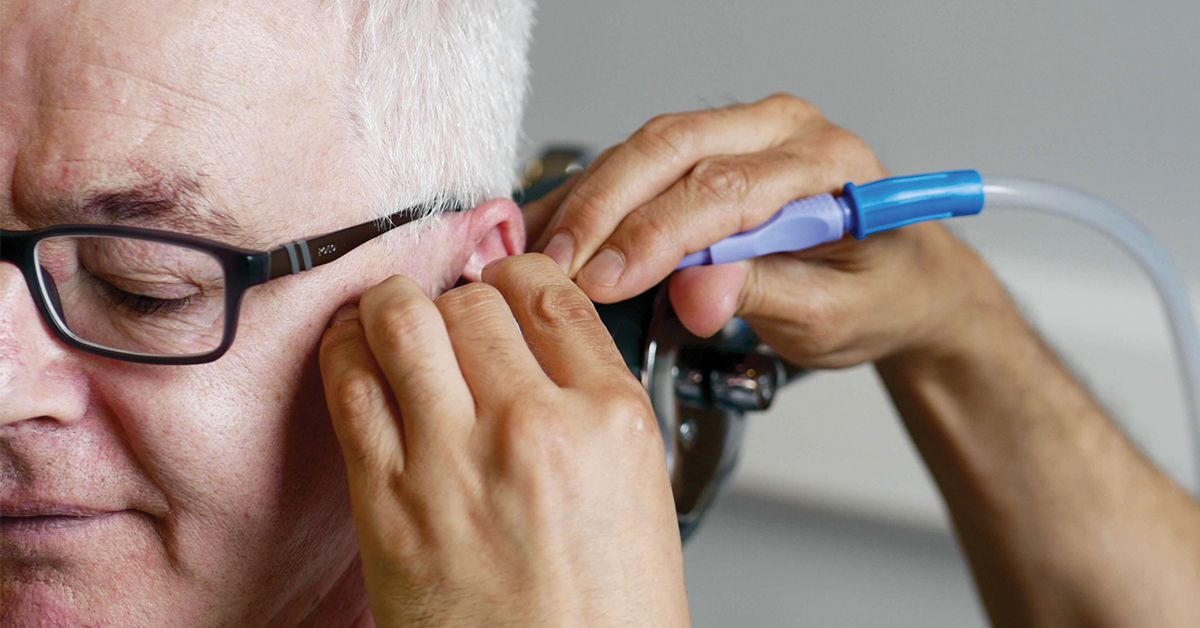Older people and good foot care
Neglecting foot care can lead to a range of problems
As we age, our bodies undergo a myriad of changes, and our feet are no exception. Often overlooked, foot health is crucial for maintaining mobility, independence, and overall well-being, especially in older adults. Neglecting foot care can lead to a range of problems, from minor discomforts to serious health issues. In this blog, we’ll explore why foot care is so important for older adults and how it can significantly impact their quality of life.
1. Maintaining Mobility and Independence
Feet are our foundation—they carry us through our daily activities, enabling us to move around freely. For older adults, maintaining mobility is essential for independence. When foot problems arise, they can lead to pain and discomfort, making it difficult to walk, stand, or exercise. Over time, this can reduce physical activity, leading to muscle weakness, decreased endurance, and even a higher risk of falls. Regular foot care helps keep feet healthy and functional, ensuring that older adults can stay active and independent.
2. Preventing Common Foot Problems
As we age, the skin on our feet becomes thinner, drier, and more prone to injuries. Additionally, nails often become thicker and more brittle, making them harder to trim. These changes can lead to common foot problems such as:
- Corns and Calluses: Thickened areas of skin caused by friction or pressure. If left untreated, they can become painful and infected.
- Bunions: A bony bump that forms on the joint at the base of the big toe, causing discomfort and difficulty in wearing shoes.
- Heel Spurs: Calcium deposits that cause a bony protrusion on the underside of the heel bone, leading to sharp pain.
- Ingrown Toenails: When a nail grows into the skin, it can cause pain, swelling, and infection.
By practicing regular foot care—such as moisturising the skin, trimming nails properly, and wearing well-fitting shoes—older adults can prevent or manage these issues before they become serious.
3. Reducing the Risk of Falls
Falls are a leading cause of injury in older adults, and foot health plays a significant role in fall prevention. Conditions like neuropathy (reduced sensation in the feet), arthritis, and poor circulation can affect balance and stability. Additionally, foot pain or deformities can alter gait, increasing the likelihood of tripping or losing balance. Regular foot examinations, proper footwear, and addressing foot pain promptly can help reduce the risk of falls and the serious injuries that often accompany them.
4. Managing Chronic Conditions
Many older adults live with chronic conditions such as diabetes, arthritis, or circulatory issues, which can have a direct impact on foot health. For instance:
- Diabetes: This condition can cause nerve damage (diabetic neuropathy) and poor blood circulation, increasing the risk of foot ulcers, infections, and even amputations. Regular foot inspections and care are critical for preventing complications.
- Arthritis: This can lead to joint pain, stiffness, and deformities in the feet. Proper foot care, including the use of orthotics or specialized footwear, can alleviate pain and improve mobility.
- Peripheral Artery Disease (PAD): Reduced blood flow to the feet can cause pain, slow healing of wounds, and increase the risk of infection. Good foot hygiene and monitoring are essential in managing this condition.
5. Improving Overall Well-being
Foot pain and discomfort can significantly affect an older adult’s quality of life. It can lead to reduced physical activity, social isolation, and even depression. Conversely, healthy feet can enhance an individual’s confidence, allowing them to engage in social activities, hobbies, and exercise. This contributes not only to physical health but also to mental and emotional well-being.
6. Encouraging Early Detection of Health Issues
The feet can often be the first area where signs of systemic health problems appear. For example, changes in skin color, temperature, or the appearance of sores can indicate circulation problems or diabetes. Regular foot care routines, including professional examinations, can help detect these early signs, leading to timely medical intervention and better health outcomes.
Conclusion
Foot care is an essential aspect of health maintenance for older adults. It plays a vital role in preserving mobility, preventing falls, managing chronic conditions, and enhancing overall quality of life. By giving feet the attention they deserve, older adults can stay active, independent, and enjoy a better quality of life well into their later years. Whether it’s through regular self-care routines or seeking professional podiatric care, prioritising foot health is a step in the right direction toward aging gracefully and healthily.



